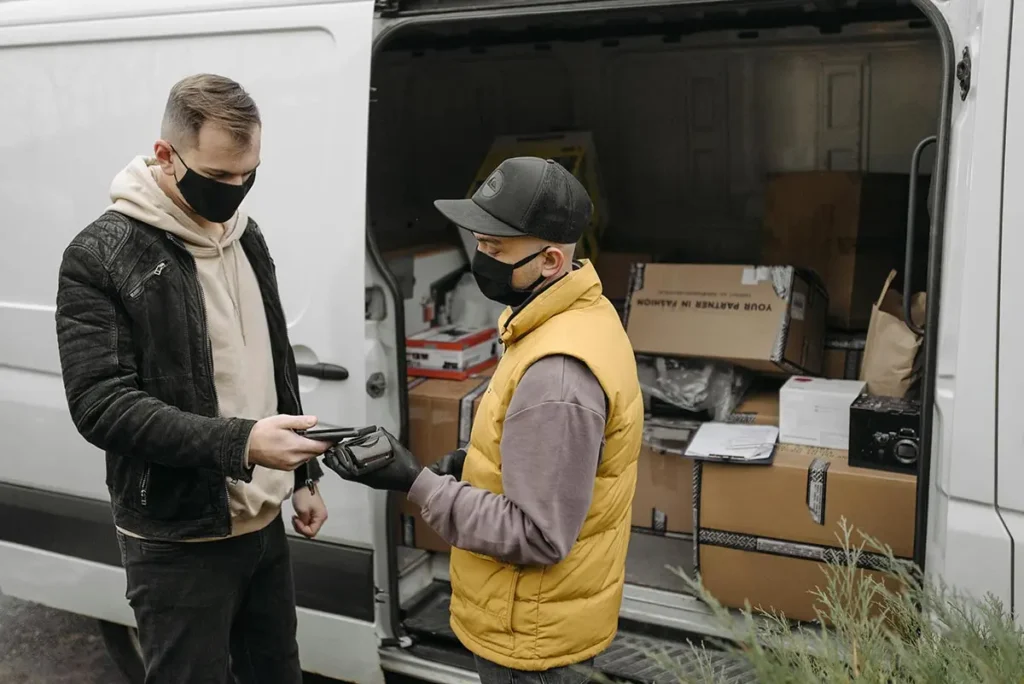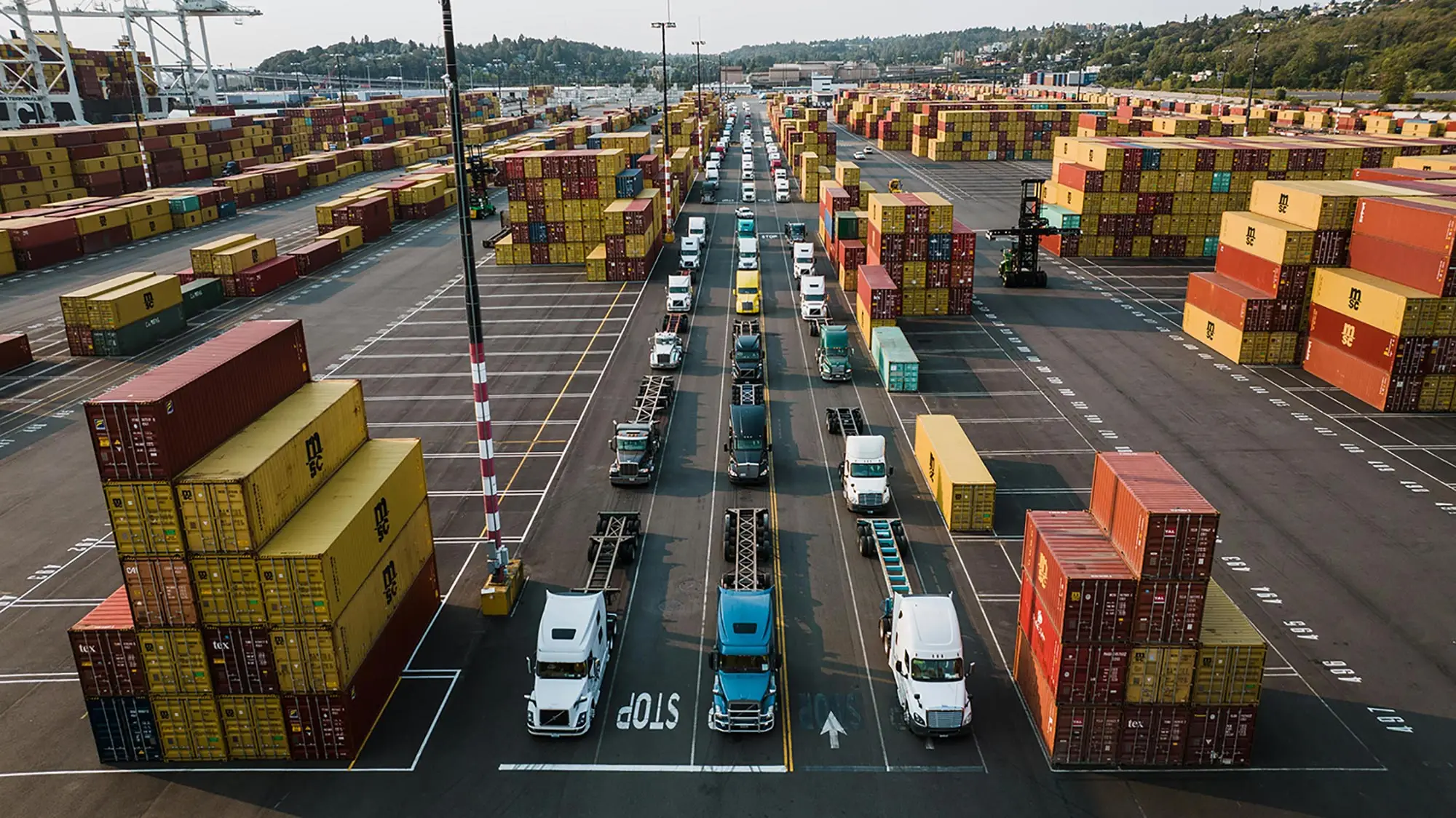The logistics industry is experiencing a rise in double brokering, a fraudulent practice where a freight broker re-brokers loads without the shipper’s knowledge or consent. This has led to delays, financial losses, and damaged reputations. Strengthening cargo security measures is now more crucial than ever to safeguard businesses from these risks.
Understanding Double Brokering
Double brokering occurs when a freight broker books a load with a carrier and then re-brokers it to another carrier, without informing the original shipper. This practice can result in confusion, delays, or lost goods, as shipments are handed off multiple times, sometimes ending up in the wrong hands.
The Impact of Double Brokering on Logistics
Double brokering can cause significant disruption to supply chains. Shippers face delays, increased costs, and the risk of theft or damage to goods. For logistics providers, it can lead to strained relationships with customers and reputational damage. The financial fallout can also impact the viability of businesses involved.
Leveraging Technology for Security
Technology plays a critical role in enhancing cargo security. Solutions such as blockchain can provide a transparent and secure way to track shipments, while AI and machine learning help detect suspicious activity in real-time. These technologies help prevent fraud, reduce the risk of double brokering, and ensure the integrity of shipments.
Strengthening Cargo Security Measures

To prevent double brokering, logistics companies must implement stronger security protocols. Features like digital signatures, GPS tracking, and real-time monitoring ensure that shipments are secure throughout their journey. Companies should also vet brokers and carriers thoroughly, using background checks and audits to ensure reliability and integrity in their operations.
Partnering with Trusted Brokers and Carriers
Building relationships with reputable and trusted brokers and carriers is key to preventing double brokering. Conducting due diligence, reviewing historical performance, and maintaining open communication with all parties involved can help mitigate the risk of fraud. Transparency in the process fosters accountability and strengthens the supply chain.
Regulatory Measures and Industry Collaboration
Governments and industry bodies are increasingly implementing regulations to tackle double brokering. By collaborating with trade associations and adhering to compliance standards, logistics providers can ensure they are operating within legal frameworks. Sharing information about fraudulent practices and working together helps create a more secure and trustworthy logistics environment.
Conclusion
As double brokering continues to be a pressing issue, strengthening cargo security measures is essential. By leveraging technology, vetting partners, and collaborating with industry stakeholders, logistics companies can reduce risks and safeguard their operations. Adopting these strategies ensures a more secure, transparent, and reliable supply chain for all parties involved.

Leave a Reply